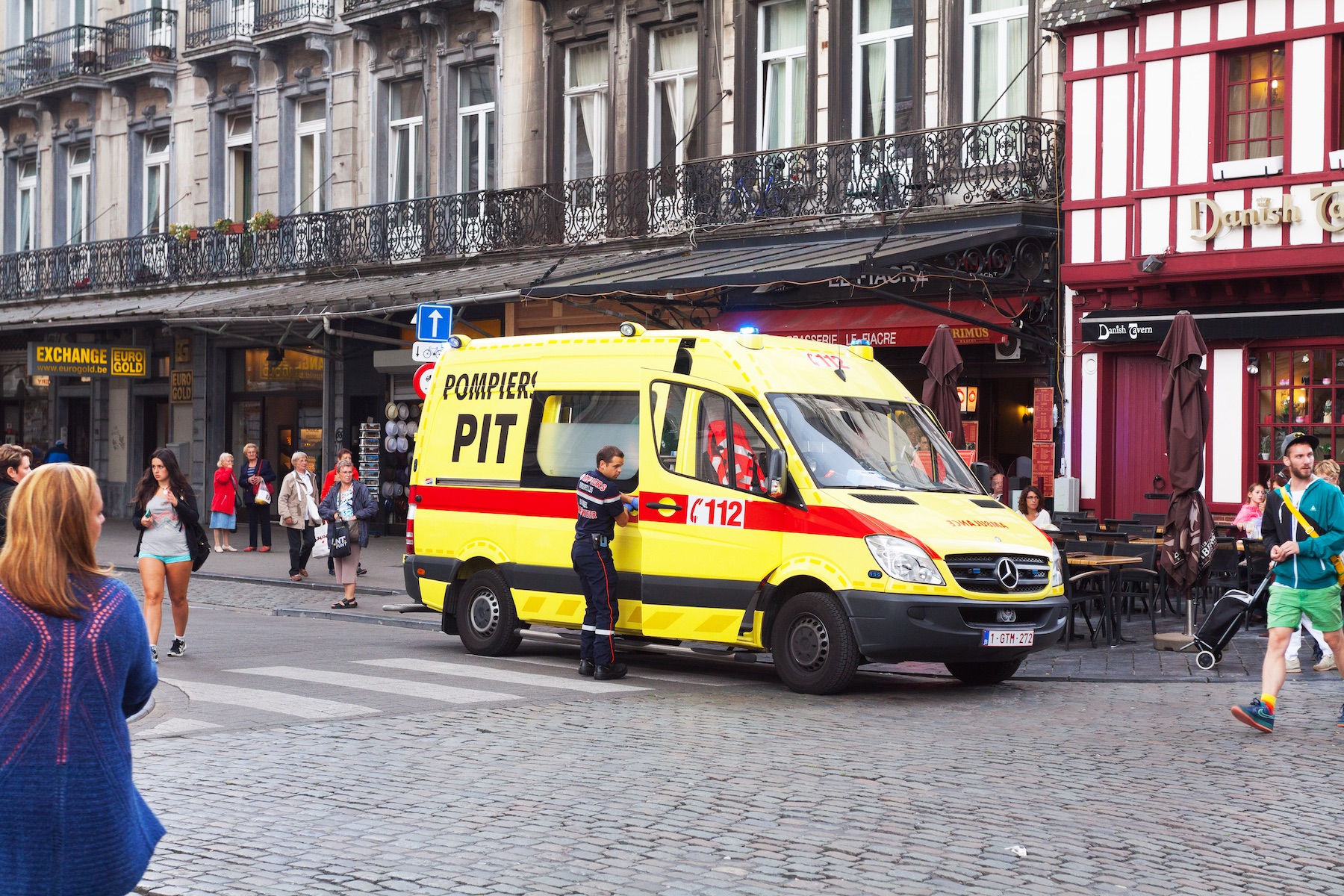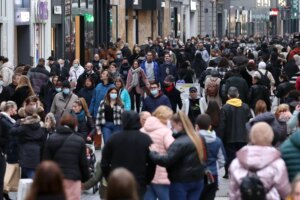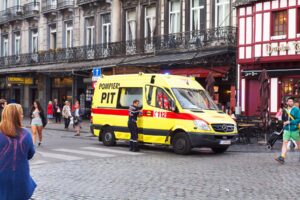If you have a life-threatening crisis, you can call the Europe-wide emergency phone number 112. If your situation is not that dire, there are a wide range of other numbers and useful helplines that offer support.
Here’s who to call in Belgium:
- Emergency services in Belgium
- Fire services in Belgium
- Police in Belgium
- Healthcare and accidents in Belgium
- Mental health services in Belgium
- Drug and alcohol services in Belgium
- Children, family, and youth services in Belgium
- Utility and telecommunications services in Belgium
- Road and traffic emergencies in Belgium
- LGBTQ+ services in Belgium
- Homelessness services in Belgium
- Animal services in Belgium
- Embassies and services for foreign nationals in Belgium
- Lost or stolen property in Belgium
- European-wide emergency numbers
- What to do in an emergency in Belgium
- Other useful phone numbers in Belgium
- Emergency terms and phrases in Belgium
- Useful resources
Emergency services in Belgium
Belgium has three emergency services, the medical service (Service médical d’urgence), the police (Police Fédérale), and the fire service (Pompiers). The emergency phone numbers for each service are as follows:
- Medical service: 100 or 112
- Fire service: 100 or 112
- Police: 101 or 112
You should call one of these numbers in any genuine emergency, such as serious or life-threatening medical problems, to report crimes or if you see a fire.
The Belgian emergency service has 21 call centers across the country, with 1,200 staff members dealing with six million emergency calls per year. Don’t worry if you’re still learning one of Belgium’s many languages; staff can assist callers in English, too.
Fire services in Belgium
The Belgian fire service (Pompiers) boasts around 18,000 professional and voluntary firefighters, spread across 34 emergency rescue zones.
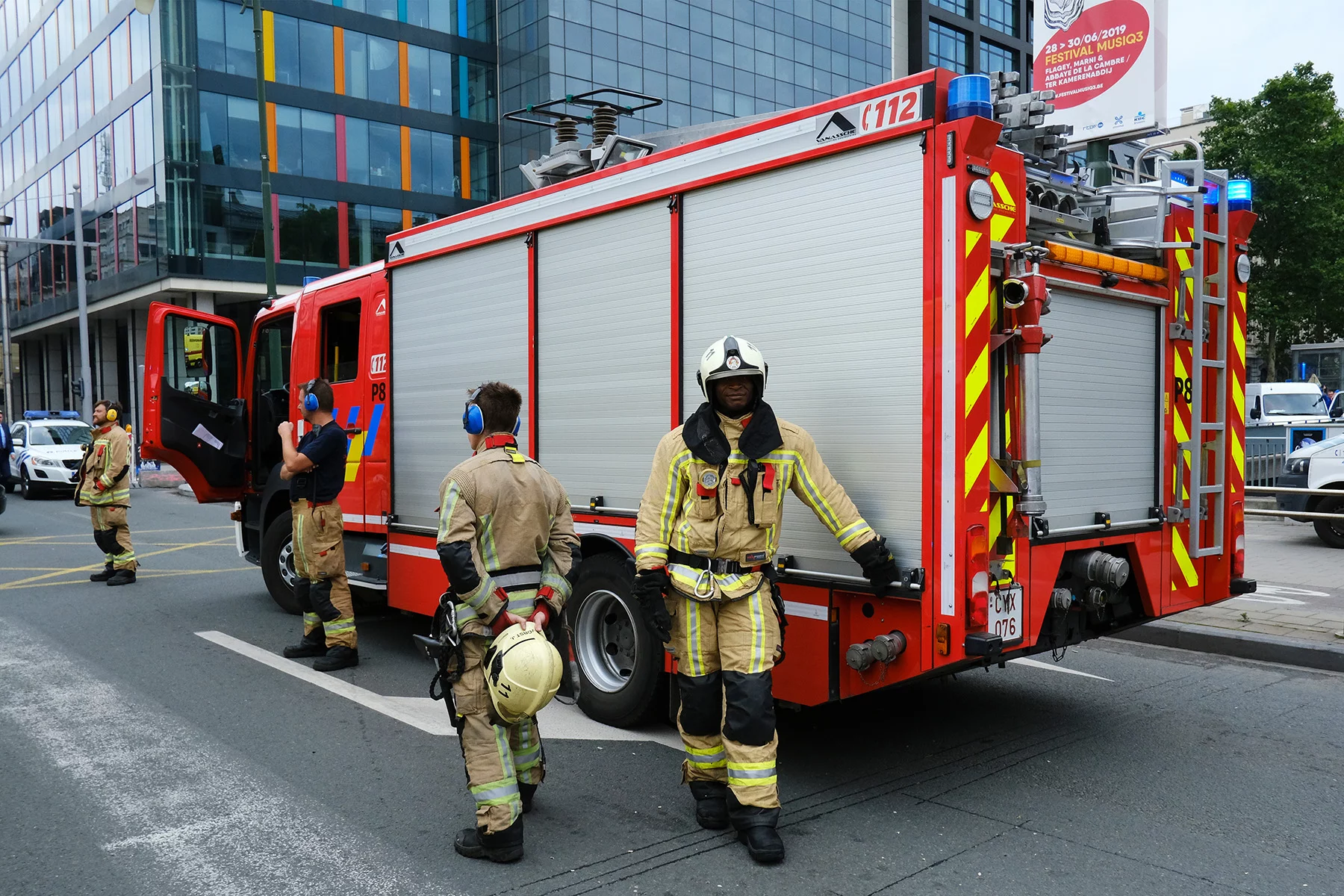
In an emergency in Belgium, you should call the number 100 or 112, but in non-urgent situations, it’s best to call your local emergency rescue zone. You can find out which zone you’re in by using the maps provided by the Belgian government.
You can also get non-emergency assistance during a storm or thunderstorm by calling 1722.
In addition to fire fighting, the Belgian fire brigade conducts a series of public services in Belgium. These include vehicle rescue, clearing roads, dealing with floods and natural disasters, and everyday rescue activities. In 2019, just 15% of the 231,571 interventions made by the fire brigade were for fires.
Police in Belgium
The emergency police service number in Belgium is 101. That’s how you can contact the Police Fédérale from any phone.
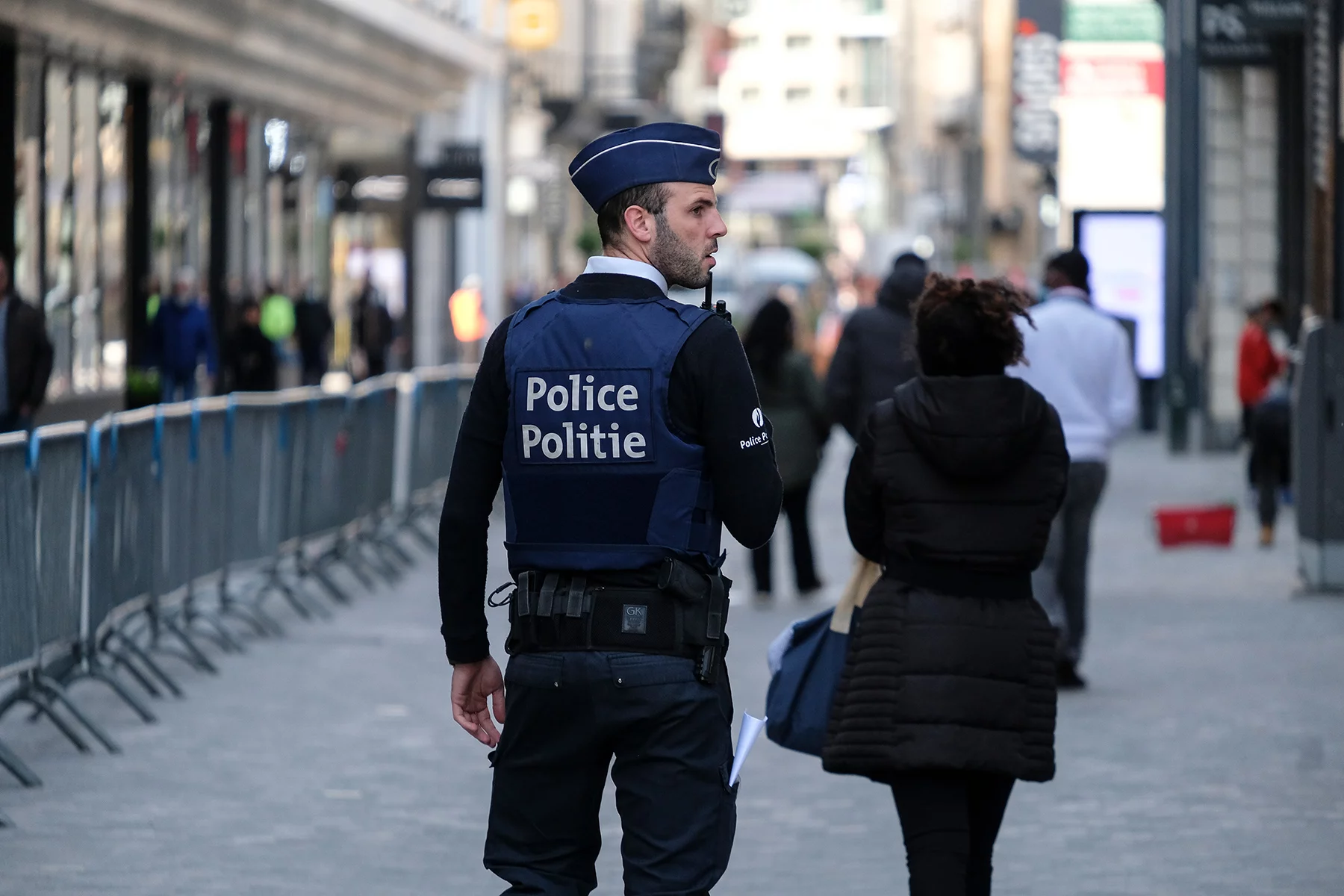
To find your local police force, you can enter your postal code on the federal police website. The contact details for police in Brussels and Bruges are as follows:
- Brussels: call 02 279 79 79 for general information or fill out the contact form online. You can enter your street and house number on the local police website to find contact details for your local neighborhood coordinator.
- Bruges: call 050 44 88 44 for general information and non-emergency help or e-mail [email protected]. You can find contact details for your local district inspector by entering your street and house number on the Politie Brugge website.
Non-urgent crimes can also be reported online through the national police force’s website (the reporting portal is only available in Dutch, French, and German).
Healthcare and accidents in Belgium
In a medical emergency in Belgium, you should call 100 or 112 from any phone.
If you need an ambulance, you’ll be taken to the nearest hospital. You may be charged for the ambulance, but this can be refunded if you have private health insurance. In non-life-threatening situations, insurers may require you to have a referral from a doctor before you can call an ambulance.
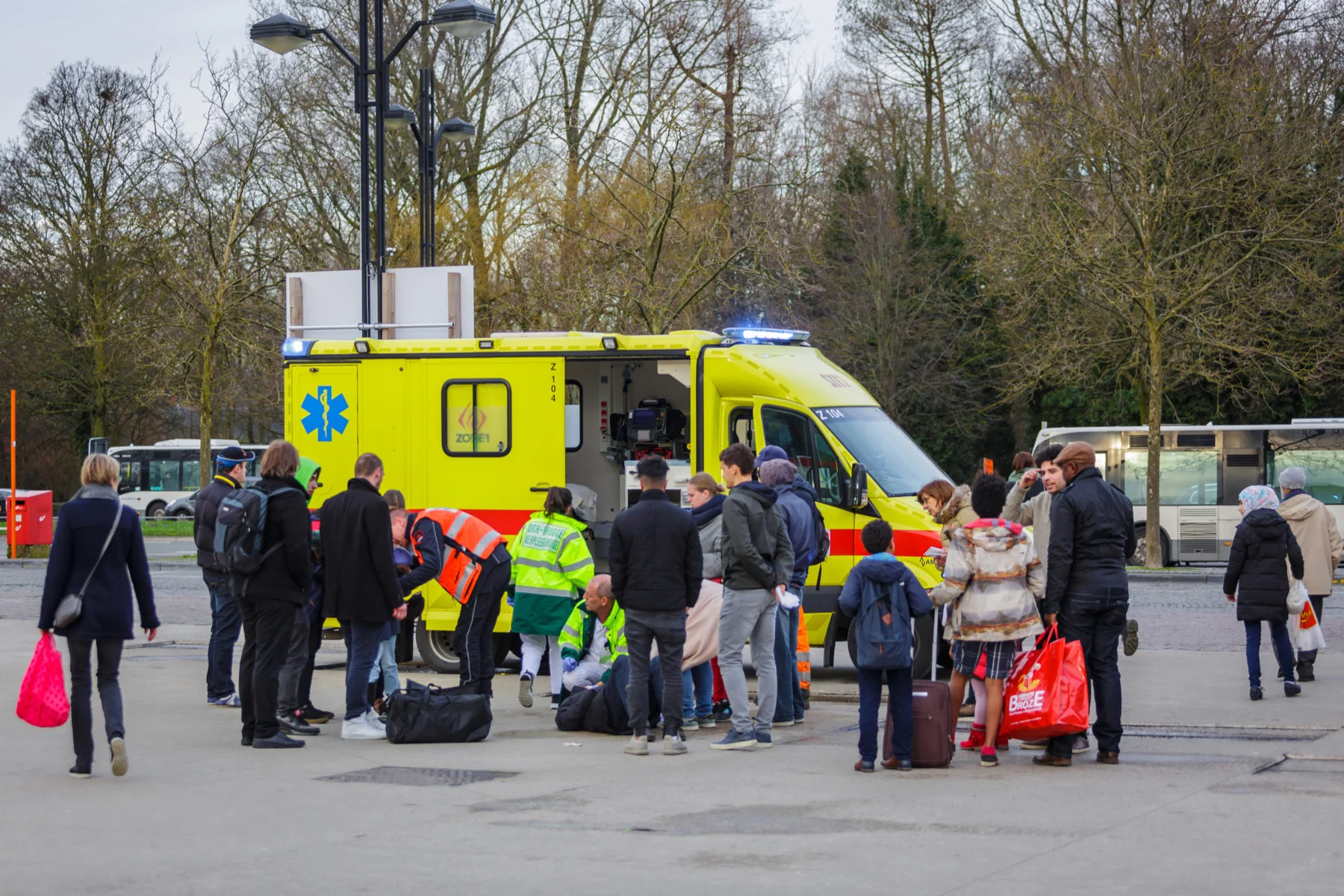
Most hospitals have an accident and emergency department (Dutch: spoedeisende hulp, French: les urgences), but this should only be used for genuinely urgent illnesses or injuries. For more minor issues, it’s best to make an appointment with your doctor or speak to an out-of-hours doctor at your local practice.
- Emergency doctor: 1307 or 02 479 18 18 (in Brussels)
- On-call pharmacy: 09 001 0500 or 07 066 0160
- Pharmacy directory: find a local pharmacy online through Pharmacie.be
- Red Cross ambulance service: 105 or online in French and Dutch
- Burns center: 071 448 000
- Cancer Foundation: 0800 15 801 (Dutch/French) or through the Cancer Foundation’s website
Mental health services in Belgium
Mental health services in Belgium are available to all residents with health insurance and can be accessed through public, private, and voluntary services.
Public services are provided at regional and federal levels, and specialist mental health centers and psychiatric hospitals are available. The cost of mental healthcare is partially covered by public health insurance, with 50–75% of treatment and 20% of prescription costs covered.
You can find a psychologist in Belgium through the Belgian Federation of Psychologists. English-speaking psychologists and therapists in Belgium can be found on the Psychologist Belgium website or at the CHS Mental Health Services Center.
- Suicide prevention helpline (Zelfmoordlijn1813): call 1813 or find help on the Zelfmoordlijn1813 website, available 24 hours a day.
Drug and alcohol services in Belgium
- Drugs helpline (Infor-drogues): 02 227 5252 or through the Infor-drogues website (in French only, however).
- Alcoholics Anonymous (Anonieme Alcoholisten Vlaanderen): Call 03 239 1415 or visit the AA Vlanderen website (in Dutch only, however).
- Alcoholics Anonymous (Alcooliques Anonymes): 078 15 25 56 or visit the Francophone AA website (in French only, however).
- Anti-poison center: call 070 245 245 or find out more on the Belgisch Antigifcentrum website (Dutch and French only, however).
Children, family, and youth services in Belgium
- Violence, abuse, and child abuse hotline: anonymous helpline available 24 hours a day. Call 1712 or find out even more on the 1712 website.
- AWEL: confidential support for children. Call 102 or visit the AWEL website.
- Community Help Service: 24/7 helpline in English. Call 02 647 67 80 or 02 648 40 14, or find out even more on the Community Help Service website.
- 103-Ecoute-Enfants: confidential support helpline for children. Call 103 (French) or find out even more on the 103-Ecoute-Enfants website.
- Teleblok: Online support for students during exams.
- Child Focus: report a disappearance or exploitation of a child. Call 116 000 or find out even more on the Child Focus website.
Utility and telecommunications services in Belgium
If you suffer from an outage, you should contact your provider to inform them as soon as possible, especially if you suspect there’s a gas leak. In Brussels, use the following phone numbers to report issues:
- Water outages: call the Brussels water company (Dutch: Brusselse Intercommunale voor Waterdistributie, French: Intercommunale Bruxelloise de Distribution d’Eau) on 0800 32 555 or see online (French)
- Electricity emergencies or power failures: call 02 274 40 66 (Sibelga), 07 835 35 00 (Electrabel), 07 815 29 29 (Nuon).
- Gas leaks: call 02 274 40 44 (Siblega), 0800 65 065 (Electrabel). Nuon customers should call the number on their bill.
Road and traffic emergencies in Belgium
If you’re involved in a road accident in Belgium, you should stop your car immediately and put on the hazard lights. Once you’ve done this, put on your reflective jacket and exit the car, placing your warning triangle 30 meters behind the vehicle.
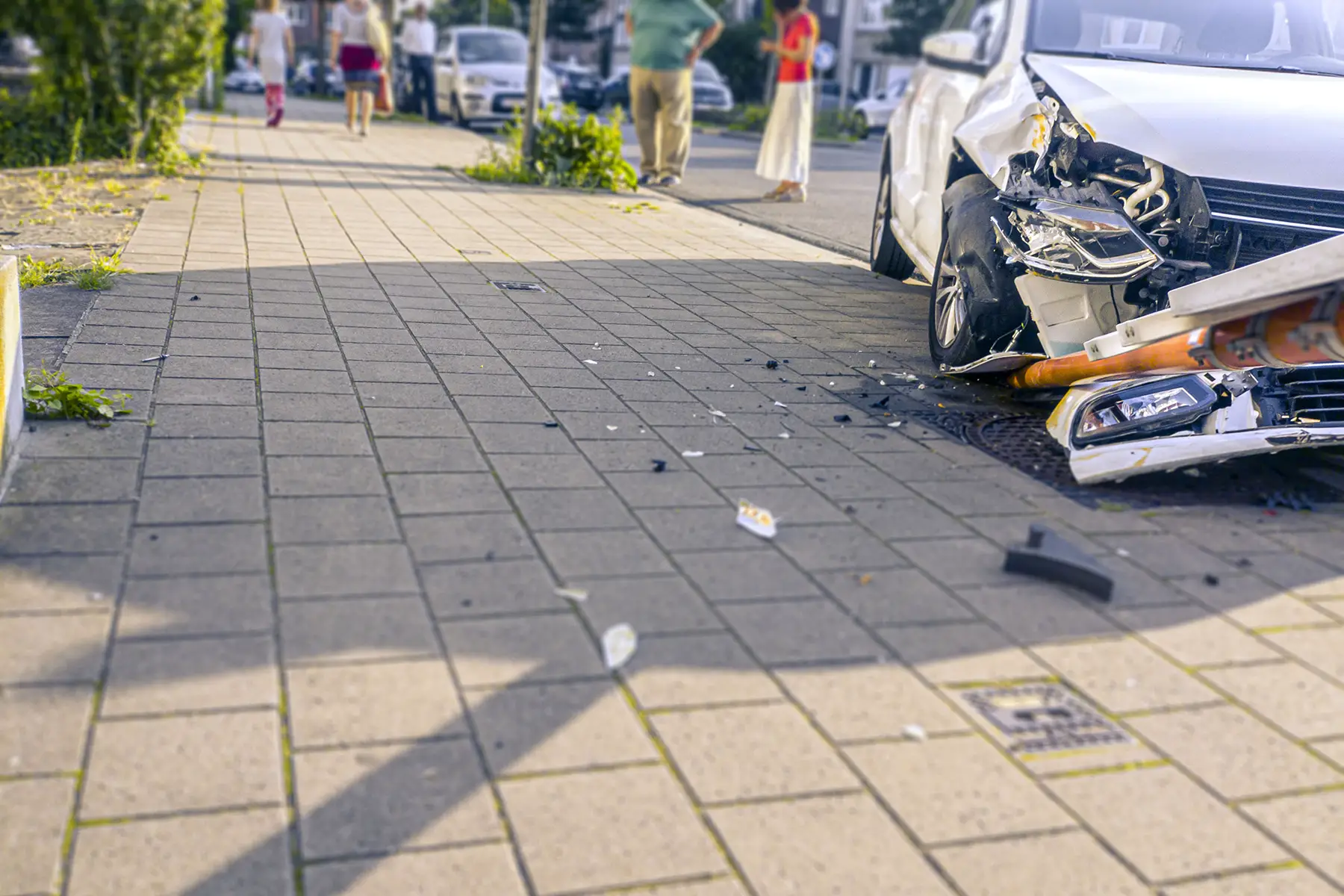
After a minor collision, drivers should exchange details including their name, address, registration number, and insurance details. Both parties must fill in an accident report form (Dutch: Europees aanrijdingsformulier, French: constat amiable d’accident) before leaving the scene. If there is a disagreement as to who is to blame, don’t sign any documentation at the scene. Make sure you have photographic evidence of the scene before leaving.
In the event of a serious accident in Belgium, call the emergency number for the police as well as the ambulance service immediately. Do not move any vehicles until the police arrive. Once the police arrive, they will complete an accident report.
LGBTQ+ services in Belgium
- ILGA: International Gay and Lesbian Association fighting for equal rights. To contact the Belgian branch call 02 502 24 71 or head to the ILGA’s global website.
- Belgian Lesbian and Gay Pride: learn more on the Belgian Pride website.
- Homoparentalite: association for LGBTQ+ parents or parents-to-be. Find out even more on the Homoparentalite website.
- Brussels Police LGBTQI+ hotline: report crimes by phone (02 503 59 90), in person at Rainbow House (Rue Marché au Charbon 42), or through the Brussels Police website.
Homelessness services in Belgium
- Housing First Belgium: charity working with vulnerable homeless people, including those with a history of addiction. Find out even more on the Housing First Belgium website.
Animal services in Belgium
- Blue Cross (la Croix Bleue): organization operating animal rescue centers across Belgium. Call 02 378 45 20 or go to the Croix Bleue website.
- Royal Society for the Protection of Animals (Société Royale Protectrice des Animaux): animal protection organization in Belgium, offering refuges for cats and dogs. Find out more on the SRPA website.
- Emergency vet in Brussels: call 0497 400 400.
Embassies and services for foreign nationals in Belgium
As one of the homes of the European Union as well as a wide array of international organizations, Belgium is full of embassies, consulates, and other representational offices to help citizens in need. For a complete list of embassies and consulates in Belgium, consult EmbassyPages.
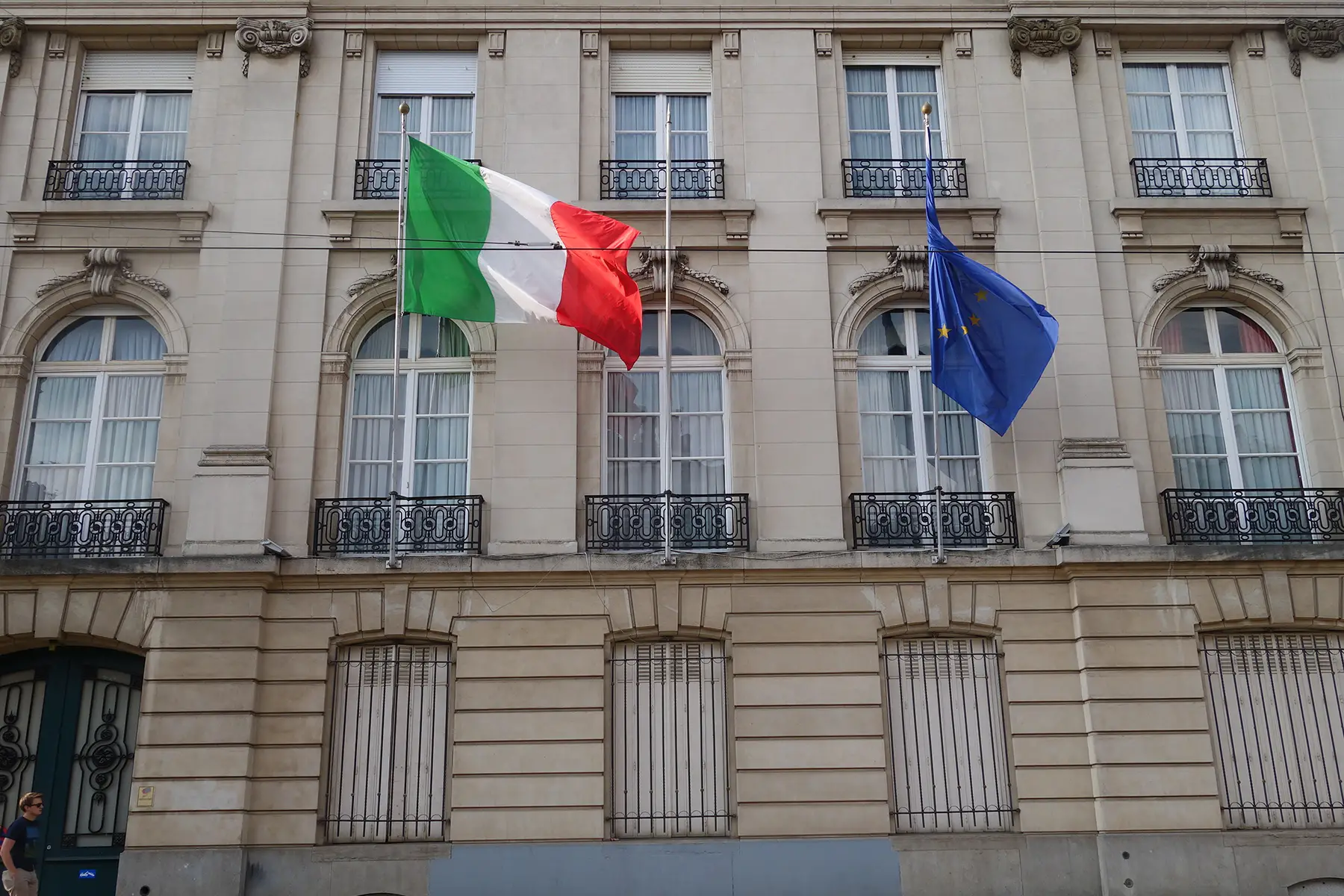
Some of the most relevant embassies for tourists and foreign residents of Belgium include the following:
- France: The Embassy of France in Brussels is located at 65 rue Ducale (Hertogstraat). Their phone numbers are +32 (0) 2 548 88 11 (consular questions between 9:00–13:00), +32 (0) 492 22 79 68 (emergencies between 14:00–17:00), and +32 (0) 477 61 35 94 (emergencies outside of these hours). France also has Consulates in Antwerpen, Bruges, Charleroi, Gent, Kortrijk, Liège, Mons, and Tournai.
- Germany: The Embassy of Germany in Brussels is located at 8–14 rue Jacques de Lalaing (Jacques de Lalaingstraat). Their phone number is +32 2 787 18 00. Germany also maintains Consulates in Antwerpen, Bruges, Eupen, Hasselt, and Liège.
- Italy: The Embassy of Italy in Brussels is located at 38 rue De Livourne (Livornostraat). Their phone numbers are +32 2 543 15 50 and +32 472 24 04 77. Italy also has Consulates in Antwerpen, Charleroi, Gent, Leuven, Liège, and Oostende.
- Morocco: The Consulate General of Morocco in Brussels is located at 55 rue des Vétérinaires (Veeartsenstraat). Their phone number is +32 2 344 46 92. Morocco also has Consulates in Antwerpen and Liège, as well as an Embassy in Brussels.
- United Kingdom: The British Embassy in Brussels is located at 10 Avenue d’Auderghem (Oudergemlaan). Their phone number is +32 2 287 62 11.
Lost or stolen property in Belgium
- Lost property in Brussels: report a lost item in Brussels by contacting the lost and found office on 02 274 16 90 or by emailing [email protected]. If you find an object in Brussels you should take it to the nearest police station. If you lose your bike, you can find out the Bike Bank’s online form.
- Lost property on trains: If you lose an item on a domestic train, you should complete the online form. If the item is lost on an international train, you’ll need to contact the relevant foreign company or carrier (for example, Eurostar). If you find an item of lost property on a train or in the station, you should inform the onboard staff or station staff.
- Identity theft in Belgium: if you lose a Belgian identity document (such as your ID card, passport, or residence permit), you should report this to DOC STOP by calling 00800 2123 2123.
- Lost bank card in Belgium: if you lose a Belgian bank card, you can contact your provider or call CARD STOP at 070 344 344 (more details online in Dutch and French)
European-wide emergency numbers
The pan-European emergency number is 112 or 114 (for hearing assistance) and they also work in Belgium.
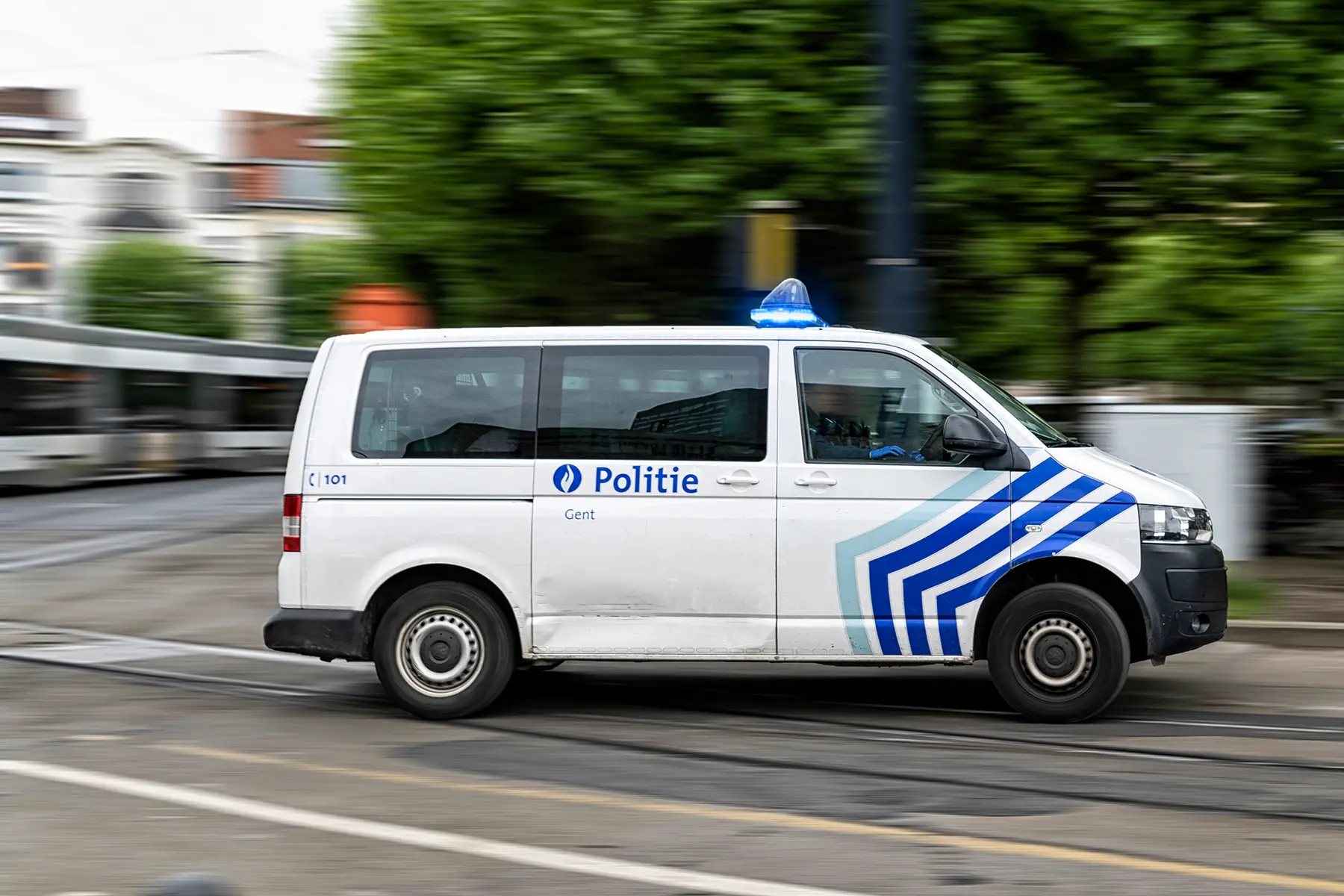
These general numbers can be called free of charge during any emergency from your mobile phone. As it is a Europe-wide number, you can also ask to be connected to an English-speaking operator. Those who are deaf or hard of hearing could also send text messages to 114.
What to do in an emergency in Belgium
When calling any emergency number in Belgium, it’s important to follow these tips:
- State your name, telephone number, the location where help is needed, the situation, and if it’s still happening, how many people require help, and whether there are weapons or dangerous substances involved.
- Don’t forget the code to your parking lot or apartment building.
- Never hang up until the operator says you can.
- If you have medical problems or regularly take prescription drugs, make sure you know how to say their names in French to the operator.
- If you have children, cite their ages and how much they weigh if you need to call an anti-poison center or administer medication.
- In case you’re dealing with intoxication, make sure to inform them of what was taken and if possible, give them the rest of what was consumed.
Other useful phone numbers in Belgium
Central government: Find out more on Facebook as well as on Twitter.
Information directories
- French: 1307
- Dutch: 1207
- Golden Pages Belgium: find professionals in Belgium online.
- White Pages Belgium: find professionals in Belgium online.
Emergency terms and phrases in Belgium
| English | French | Dutch | German |
| Help! | Au secours! A l’aide! | Help! | Hilfe! |
| Help me | Aidez moi | Help mij | Hilfe mich |
| I can’t breathe | Je ne peux pas respirer | Ik krijg geen adem | Ich kann nicht atmen |
| (Severely) allergic | (Sévèrement) allergique | (Zwaar) allergisch | (Stark) Allergisch |
| EpiPen | Épipen | EpiPen | Adrenalin |
| Accident | Accident | Ongeluk | Unfall |
| Fire | Feu | Brand | Feuer |
| Murder | Meurtre | Moord | Mort |
| Emergency | Urgence | Spoedgeval | Notfall |
| Ambulance | Ambulance | Ambulance | Ambulanz |
| Doctor | Docteur | Dokter | Arzt |
| Hospital | Hôpital | Ziekenhuis | Krankenhaus |
| Police | Police | Politie | Polizei |
| Extremely ill | Très malade | Verschrikkelijk ziek | Schrecklich krank |
| Call 911/999 | Appelez le un un deux | Bel een een twee | Rufe eins eins zwei |
| I need a doctor | Il me faut un docteur | Ik heb een dokter nodig | Ich brauche einen Arzt (oder Arztin) |
| I need an ambulance | J’ai besoin d’une ambulance | Ik heb een ambulance nodig | Ich brauche einer Ambulanz |
| I need the police | J’ai besoin de la police | Ik heb de politie nodig | Ich brauche der Polizei |
| I want a lawyer | Je veux un avocat | Ik wil een advocaat | Ich will einen Anwalt |
| I’m innocent | Je suis innocent | Ik ben onschuldig | Ich bin unschuldig |
| I didn’t do it | Je n’ai pas fait ça | Ik heb het niet gedaan | Ich habe das nicht getan |


